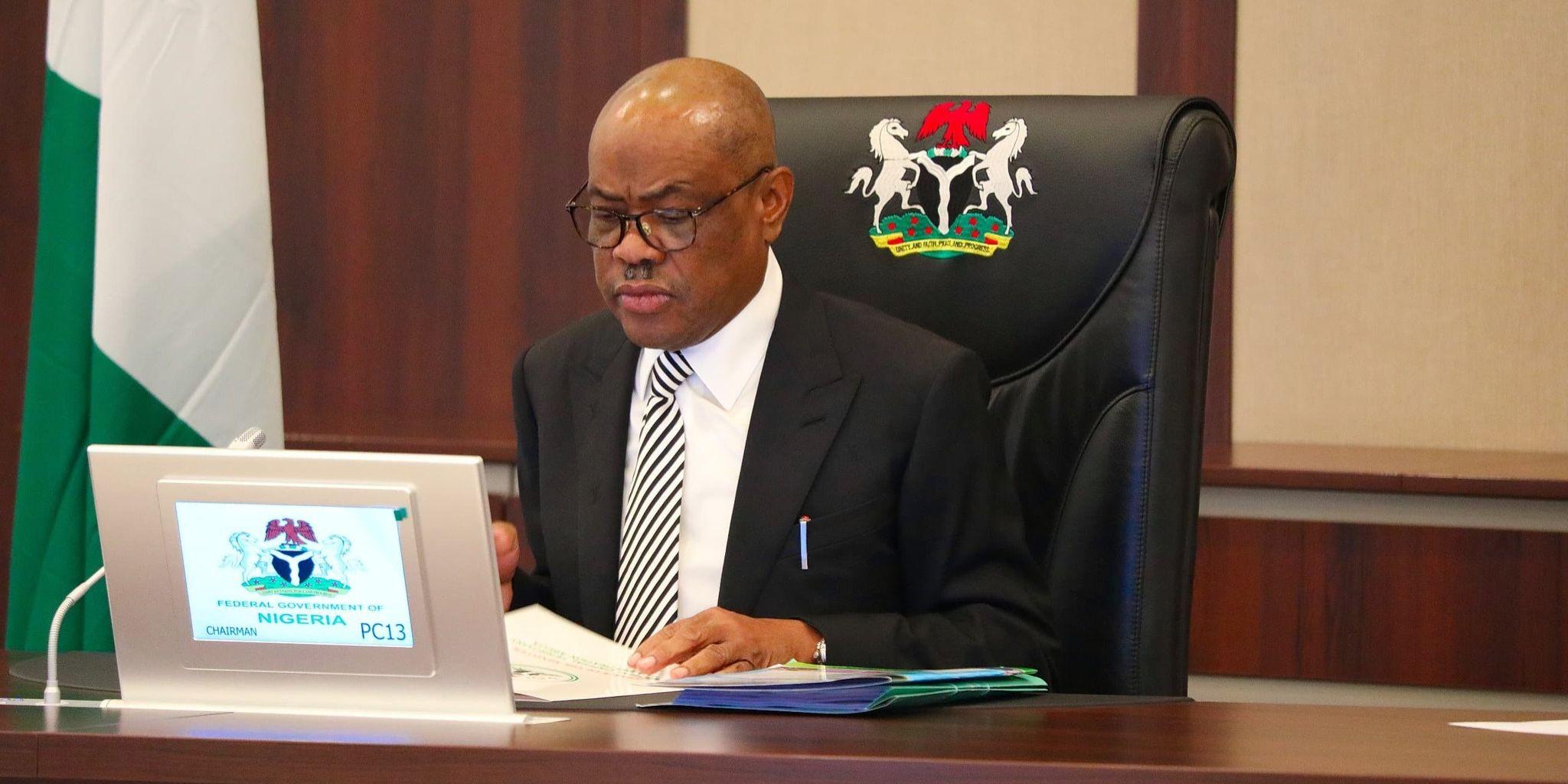SERAP, Others Drag FG to ECOWAS Court Over Withheld NDDC Forensic Audit Report

The Socio-Economic Rights and Accountability Project (SERAP) and four Nigerian citizens have filed a lawsuit against the Federal Government over its failure to publish the forensic audit report of the Niger Delta Development Commission (NDDC), which allegedly exposes the mismanagement of N6 trillion between 2001 and 2019.
In a statement released on Sunday, SERAP Deputy Director, Kolawole Oluwadare, said the lawsuit was filed last Friday at the ECOWAS Community Court of Justice in Abuja. The suit, marked ECW/CCJ/APP/35/25, seeks to compel the government to release the report, which remains under wraps despite being submitted.
“The Nigerian government has violated our right to know the truth about the corruption allegations documented in the NDDC forensic report,” SERAP stated.
The plaintiffs — Prince Taiwo Aiyedatiwa, Chief Jude Igbogifurotogu Pulemote, Ben Omietimi Tariye, and Princess Elizabeth Egbe — argue that the failure to publish the report breaches Nigeria’s international human rights obligations, especially the right to freedom of information and expression.
The suit also references recent claims by Minister of the Federal Capital Territory, Nyesom Wike, who alleged that the wife of a former minister was paid N48 billion over a year to "train Niger Delta women."
The plaintiffs are asking the court for:
-
A declaration that the government’s failure to release the report violates international law.
-
An order compelling the publication of the forensic audit report.
-
Measures to improve transparency and accountability in the use of NDDC funds.
“The ongoing secrecy surrounding the report is enabling impunity and covering up massive corruption,” they added. “Without access to such information, citizens are left in the dark about how public funds are used.”
The forensic audit was initiated in 2019 by former President Muhammadu Buhari to investigate persistent allegations of corruption within the NDDC. Despite the audit’s conclusion, its findings have yet to be made public.








